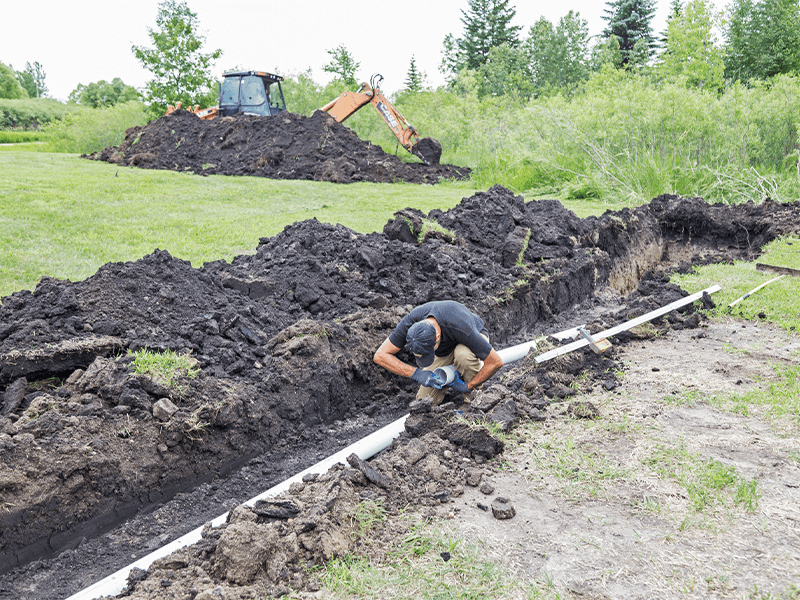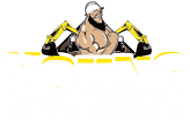Maintaining Your Septic System: Dos and Don’ts for Homeowners

A healthy septic system is the silent hero of a home’s sanitation network, quietly managing waste and maintaining the balance of the local ecosystem. To extend its lifespan, careful use and regular maintenance are non-negotiable. More so, there are a number of dos and don’ts that homeowners must be aware of, which are fundamental to the biology and mechanics of the septic system.
Understanding Your Septic System
A septic system is a home wastewater treatment system used when there’s no connection to a public sewer. It has two main parts: a septic tank and a drainage field. The tank separates solid waste from liquid, and the drainage field filters the liquid into the soil.
It’s important to have your septic tank inspected and pumped regularly. This keeps the system working efficiently and prevents solid waste from building up, which can cause backups and other problems. Homeowners should also be careful about what they put down their drains. Things like grease, oil, and certain chemicals can harm the bacteria in the septic tank. This can damage the system and lead to expensive repairs.
Using too much water can also be a problem for your septic system. It can overload the system and cause wastewater to escape into the ground, polluting the environment.
Dos: Best Practices for Maintaining Your Septic System
Regularly inspecting your septic tank is crucial for maintaining its health. Early detection of problems is key to preventing costly repairs. Professionals can provide valuable insights and recommendations for your system’s optimal performance.
Pumping your septic tank is also essential to remove accumulated solids. This process helps prevent overflows and backups, which can damage your property and the environment. Following a recommended pumping schedule is vital for your system’s efficiency.
Meanwhile, conserving water benefits your septic system. Fixing leaks and installing water-saving fixtures can significantly reduce strain on the system. Avoiding overload of the drain field is essential for its proper function.
It is important to educate your household members about proper septic system use. Only human waste and toilet paper should be flushed. Other items can disrupt the delicate balance of the system and hinder its ability to treat waste effectively.
Don’ts: Common Mistakes to Avoid
Homeowners often overlook the impact of flushing chemicals, such as household cleaners, pharmaceuticals, and personal care products; these can disrupt the bacterial balance necessary for waste decomposition, burdening the septic system and leading to potential failures.
Another common misstep involves disregarding the space above the drain field by undertaking construction, driving over it, or planting deep-rooted vegetation; these actions can compact the soil or damage the piping, which can compromise the system’s ability to disperse water.
More so, ignoring the recommendations for septic tank pumping intervals invites sludge buildup, which can clog the system and result in repairs or a complete system replacement, as well as posing environmental risks from sewage leaching.
Skipping routine maintenance can also lead to unexpected and costly septic problems. Regular inspections allow for early detection and prevention of major issues.
Troubleshooting Common Issues
When homeowners observe unusual odors, slow drainage, or water pooling around the drain field, prompt action is advisable. Early identification of problems enables timely intervention, preventing minor issues from escalating.
If you encounter persistent problems or system anomalies, consultation with a septic system professional is recommended. These experts can conduct comprehensive inspections and diagnostics to determine the root cause and provide appropriate solutions.
Homeowners may mistakenly attribute septic system issues to clogged pipes and resort to using chemical drain cleaners. These products can harm the microbial ecosystem essential for waste breakdown and should be avoided.
Unusually lush vegetation over the drain field may indicate a leak or system failure. In such cases, you should arrange for a professional evaluation to assess system integrity and prevent further environmental impact.
Protect Your Home & Environment Today!
At Young Septic Services, we are committed to ensuring your septic system remains in optimal condition. Our expert team offers comprehensive maintenance plans, timely inspections, and efficient pumping services to safeguard your system against potential issues. Contact us today to schedule your next inspection and take proactive steps toward preserving your septic system and protecting your home and environment.






